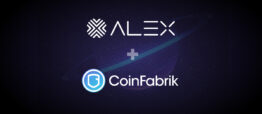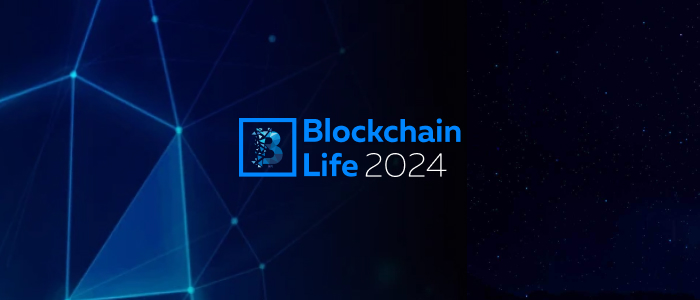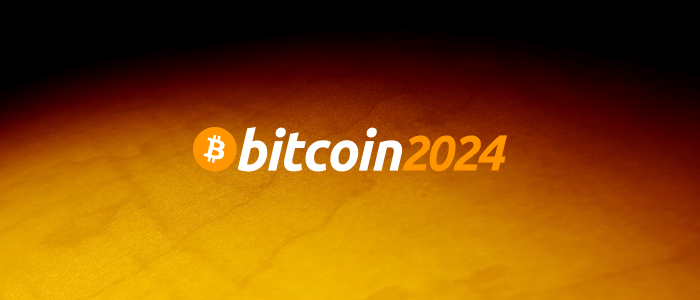
Decentralized Identity: Intersections in the Web3 Full Stack
Our thesis is that identity not only will be the pillar of the decentralization blockchain Web3 full stack but of general platforms (decentralized or not) in the near future. Decentralization is a spectrum and even centralized organizations such as Apple could use decentralized identity devices to some extent.
In the recent iOS 16.3 Apple added support for FIDO devices under the FIDO alliance. This clearly shows a trend toward self custody of cryptographic keys beyond other 2-factor authentication as your mobile phone number, Google Authenticator, etc. The Apple path intersects with decentralized identities in Web3. It is good to remember that Google helped to popularize U2F devices (which are included in the FIDO U2F spec and FIDO2). Having now Apple and Google on the same boat clarify the authentication landscape. Microsoft does not yet support them in Windows 10 or Windows 11 desktops yet but patience.
This shows a trend that goes beyond Web3 but uses the same technologies. It is important to note that the state of the art in decentralized identity management is not expressed yet in final products, integrations, and UX but they exist. For example, multi-party computation (MPC) would be presumably omnipresent and this is why we built CF-MPC. We put our money where our mouth is once again.
MPC frameworks will help individuals both, to distribute their keys in multiple devices and use some of them to rebuild it, and to decentralize the governance of secrets. While an MPC Alliance already exists some high quality startups in the ecosystem were acquired and slowed down the progress in the decentralized identity direction. FAANG firms such as Apple and Google are making rational decisions about this future.












